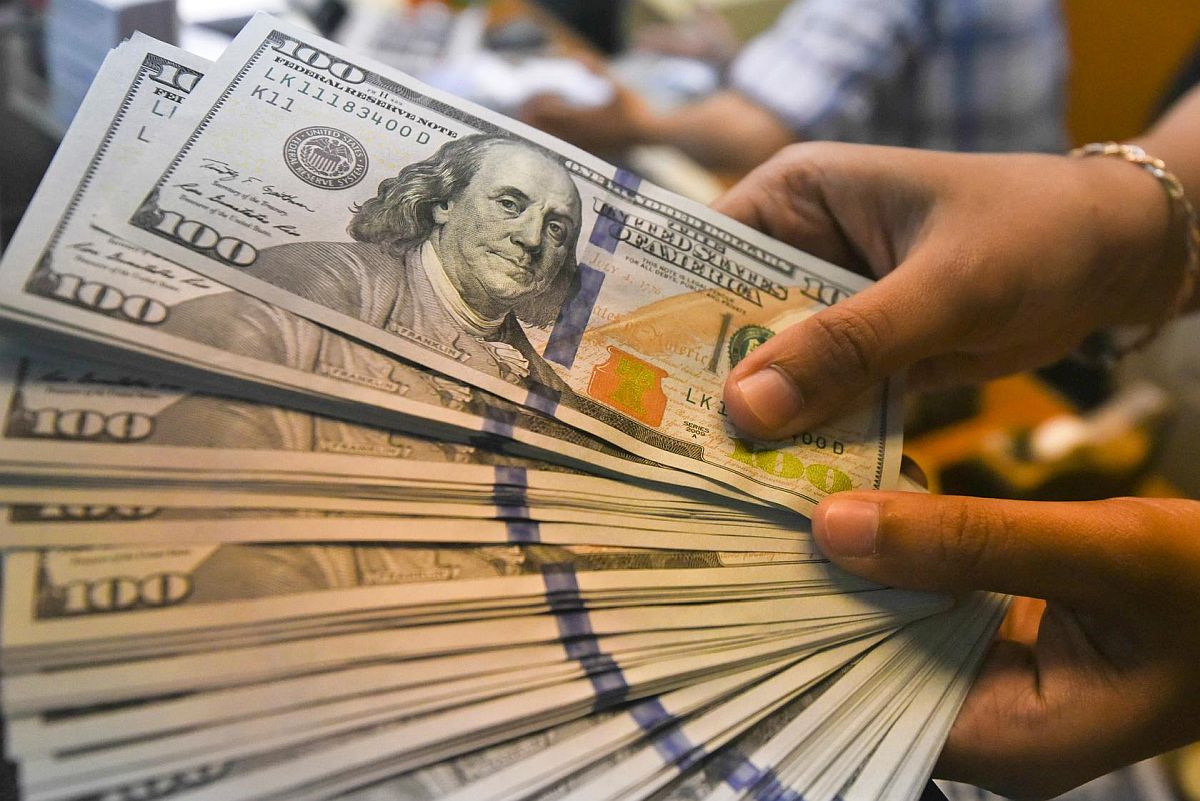In the intricate labyrinth of international finance, foreign exchange reserves (forex reserves) serve as an indispensable lifeline, safeguarding nations from economic headwinds and fueling global prosperity. Understanding the significance of forex reserves is akin to navigating a treacherous storm with a sturdy boat, ensuring stability and resilience in the face of financial turmoil.
Image: africa.businessinsider.com
Forecasting the ebb and flow of global currencies is no easy feat, with factors such as interest rate policies, political upheavals, and trade imbalances shaping their movements unpredictably. Forex reserves, held by central banks and governments, provide a buffer against these financial fluctuations, dampening the impact of sudden shifts in currency values on a country’s economy.
Stabilization of Currency Values
Exchange rate stability is essential for businesses and individuals alike, as volatile currency fluctuations can wreak havoc on trade, investment, and personal finances. Forex reserves allow central banks to intervene in currency markets, buying or selling currencies to maintain stable exchange rates and prevent excessive volatility.
Safeguarding External Debt
Many countries rely on foreign loans to finance development projects and meet urgent economic needs. Forex reserves serve as a safety net, ensuring that governments can repay these debts in the face of unexpected economic downturns or a sharp depreciation in their currency’s value.
Facilitating International Trade
International trade flourishes when countries have sufficient forex reserves to settle cross-border transactions smoothly and efficiently. Without adequate reserves, a country may face difficulties importing essential goods or paying for services from abroad, hampering economic growth.

Image: www.rediff.com
Maintaining Confidence and Creditworthiness
Forex reserves bolster a nation’s international standing and creditworthiness. They signal to investors, international organizations, and trading partners that the country is financially sound and capable of meeting its external obligations. This positive perception enhances a country’s ability to attract foreign investment and secure favorable terms in international trade.
Absorbing Economic Shocks
Economic shocks, such as natural disasters, global recessions, or political instability, can disrupt a country’s economy, leading to a decline in exports and a surge in imports. Forex reserves provide a cushion, allowing governments to intervene in the economy by supporting businesses, providing social assistance, and maintaining essential services during challenging times.
Investment Opportunities
In addition to their role in financial stabilization, forex reserves can also be invested in foreign securities, generating returns that contribute to a country’s overall wealth. However, central banks must carefully balance the potential for returns with the risks involved, ensuring that investments are made prudently and with a long-term perspective.
Examples of Forex Reserves in Action
The importance of forex reserves becomes evident during times of crisis. For instance, during the 2008 financial crisis, China’s substantial forex reserves allowed it to absorb the impact of the global economic downturn, maintaining stability and supporting its economic recovery.
Similarly, during the Asian financial crisis in 1997, South Korea’s ample forex reserves played a crucial role in restoring confidence in its currency and preventing a full-blown economic collapse.
Why Do We Need Forex Reserves
Conclusion
Forex reserves are the unsung heroes of global economics, providing a lifeline of stability and resilience against the unpredictable forces of the financial world. By safeguarding against currency fluctuations, facilitating international trade, enhancing creditworthiness, absorbing economic shocks, and generating investment returns, forex reserves underpin economic prosperity and foster confidence in the global financial system.






